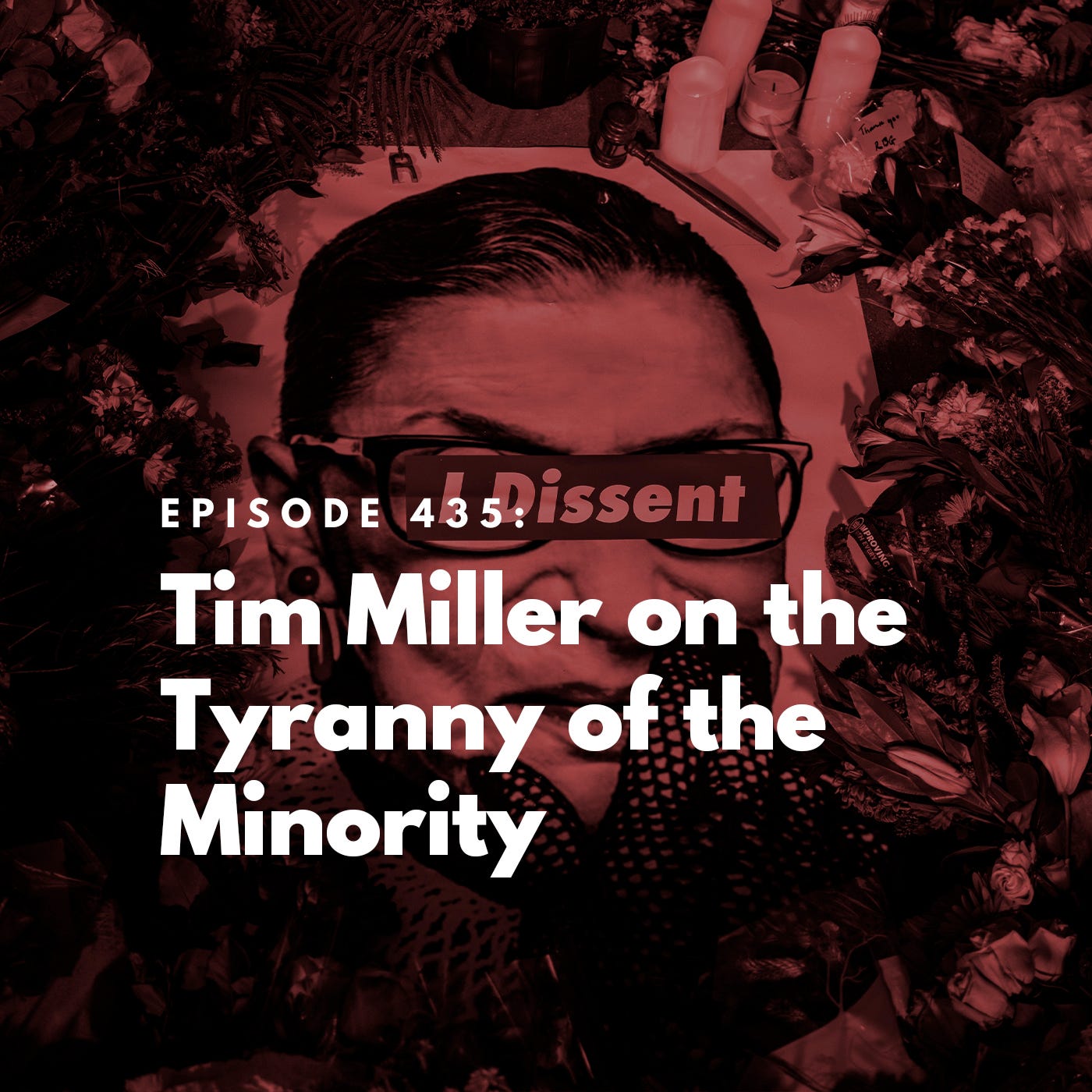
Given that Bush eventually won Florida, and thus the presidency, by 537 votes out of more than six million cast, and given that the rest of the returns in populous Miami-Dade Country broke in favor of Gore, it is highly possible that the riot actually turned the election, which would make it one of the most consequential events in American political history. The melee halted the Miami-Dade recount which, unlike the tallying of electoral votes on January 6, was permanently suspended. Suddenly, on a direct order to “shut it down” from Republican congressman John Sweeney of New York, a mob of Republican staffers and other operatives - some of the hundreds of Republicans dispatched to South Florida to protest and disrupt the recount - rushed the doors and started pounding on them, while punching and trampling anyone in their way. Canvassers in Miami-Dade County, in order to make the recounting of votes more efficient and meet a court-ordered deadline, moved their work to a smaller room in the recount headquarters. Bush - a foreshadowing of Trump’s outrages right down to some of the persons involved. Then there was the notorious “Brooks Brothers” riot on November 22, 2000, during the presidential vote-return struggle in Florida between Al Gore and George W. Had it not been for an alert night watchman at the Watergate, whose discovery of the attempted DNC burglary began breaking everything open and eventually led to Nixon’s resignation, Nixon might have succeeded in the most systematic internal overthrow of the Constitution in our history. Five years later, investigations into the offenses known collectively as Watergate revealed that, above and beyond the famous break-in at the Democratic National Committee’s headquarters, Nixon contemplated using the FBI, the CIA, the IRS, and other government agencies to spy on, harass, and if necessary detain his political adversaries. In 1968, during his second try for the presidency, Nixon illicitly tampered with preliminary peace talks over the war in Vietnam, halting their progress, which may well have secured his narrow victory over Vice President Hubert Humphrey. Nixon may never have matched Trump’s standard for cynicism, but after 1960 he outdid himself and every previous president in undermining democracy.

More recent examples were authentic precedents to Trump’s sedition.

(Jackson participated in the inauguration ceremonies for the incoming administration.) Trump and his supporters have for years tried to fool the public into viewing him as the reincarnation of Old Hickory but once again Trump’s subversive words and actions only dramatized their differences. Yet Jackson undeniably won strong popular and electoral pluralities, as Trump did not, his charges of behind- the-scenes chicanery were plausible if unknowable and he raised no mob nor did anything else to interrupt the normal transfer of power. In another vaguely analogous historical example, Andrew Jackson in 1825 charged that a corrupt bargain had denied him the presidency after the uncertain electoral results of a four-way race threw the decision into the House of Representatives. Trump, the Roy Cohn protégé who has long regarded Nixon as insufficiently ruthless, pushed much further, to the point of sedition. But the Nixon forces gave way, after recounts, judicial decisions, and state board of elections findings - including those under Republican jurisdiction - went against them. Kennedy, tried to raise a stink about massive vote fraud in eleven states. The last time a losing candidate’s campaign tried to overturn the results, in the incomparably closer election of 1960, Richard Nixon’s supporters, having lost by a whisker to John F. It is true that never before had a losing presidential candidate, after pounding a Big Lie about a stolen election, helped to whip up a crowd into a murderous frenzy and directed it to prevent the official congressional certification of his defeat.

Trump, with accountability later stonewalled by the Republican Party - was unprecedented in our history, but then again it wasn’t. Capitol on Januexhorted and then cheered on by President Donald J.


 0 kommentar(er)
0 kommentar(er)
